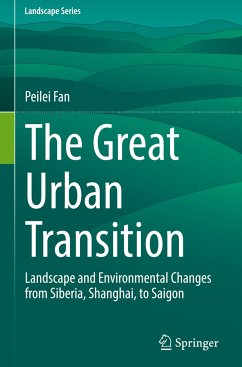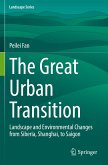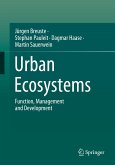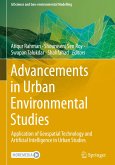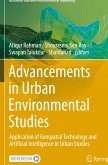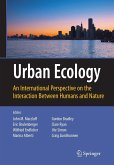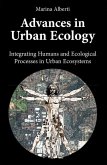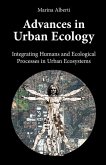This monograph examines the (sub)urbanization process of seven transitional economies in Southeast, East, and North Asia (SENA), i.e., Siberia of Russia in North Asia, China and Mongolia in East Asia, and Cambodia, Lao PDR, Myanmar, and Vietnam in Southeast Asia.
In ten chapters, great urban transformation occurred in SENA is discussed, as well as the transitional period which aggravated urban environments in SENA cities and how 'institutional shift,' enabled by movements of urban residents and transitional urban governance, may facilitate the process and improve the urban environmental condition.
This book includes land cover and land use data derived from satellite images over the past thirty years and intensive field research in more than thirty cities exploring the rise of these great cities and their environmental challenges.
Unlike in western countries, the current urbanization process in Asian transitional economies is a hybrid product of marketlogic and state legacy and intervention, with these influences sometimes conflicting and at other times enhancing each other, under intensified globalization.
This book is of interest to researchers and students interested in landscape, urban studies, environment studies in particularly Asia, as well as planners and policy makers.
In ten chapters, great urban transformation occurred in SENA is discussed, as well as the transitional period which aggravated urban environments in SENA cities and how 'institutional shift,' enabled by movements of urban residents and transitional urban governance, may facilitate the process and improve the urban environmental condition.
This book includes land cover and land use data derived from satellite images over the past thirty years and intensive field research in more than thirty cities exploring the rise of these great cities and their environmental challenges.
Unlike in western countries, the current urbanization process in Asian transitional economies is a hybrid product of marketlogic and state legacy and intervention, with these influences sometimes conflicting and at other times enhancing each other, under intensified globalization.
This book is of interest to researchers and students interested in landscape, urban studies, environment studies in particularly Asia, as well as planners and policy makers.

